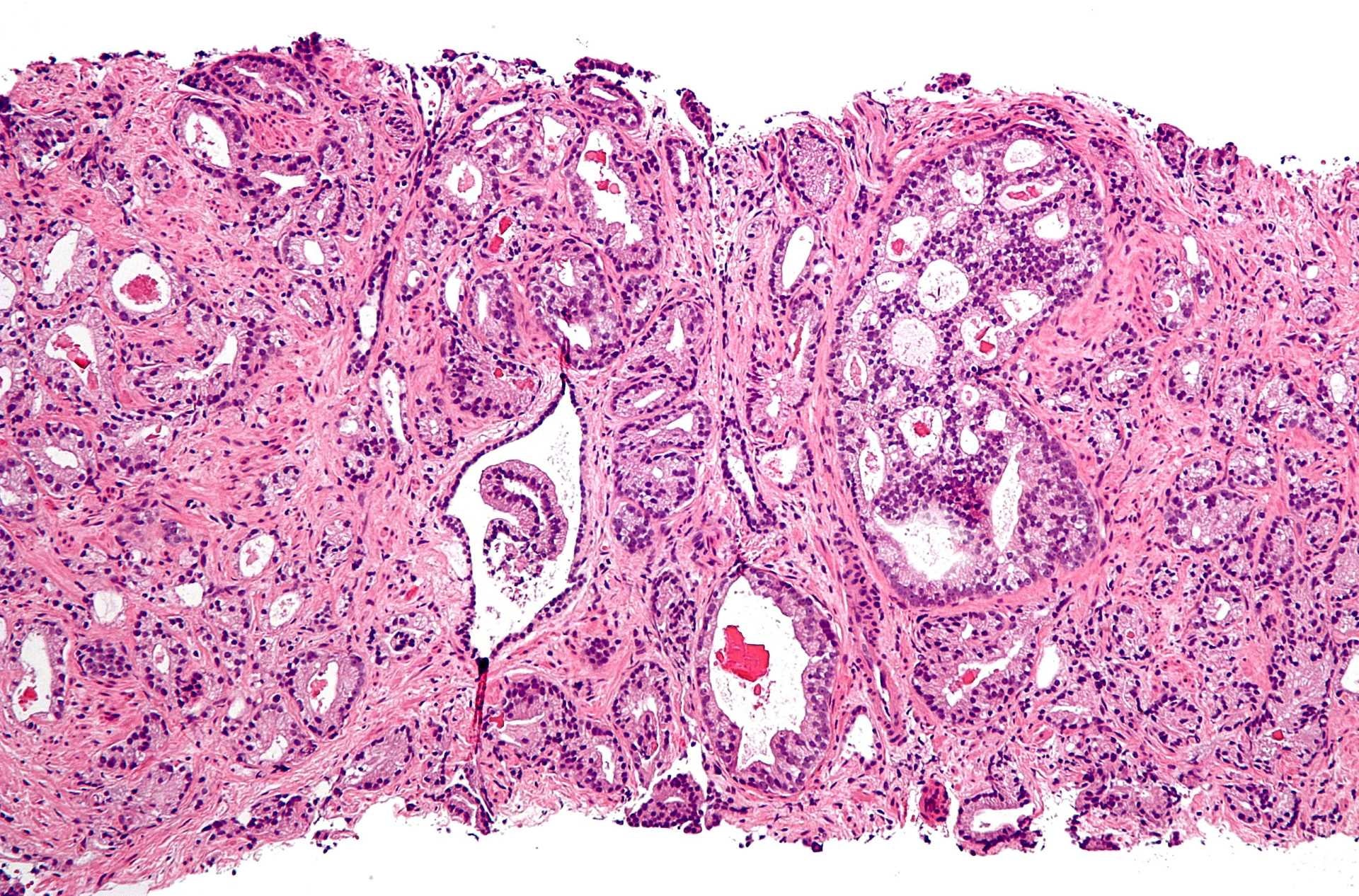
Telix Pharmaceuticals has begun a Phase III ProstACT clinical trial of its therapy candidate, TLX591 (177Lu-DOTA-rosopatamab), in advanced metastatic castrate-resistant prostate cancer (mCRPC) patients.
The trial initiation comes after approval from the Human Research Ethics Committee (HREC) and clearance of Clinical Trial Notification (CTN) from the Australian Therapeutic Goods Administration (TGA).

Discover B2B Marketing That Performs
Combine business intelligence and editorial excellence to reach engaged professionals across 36 leading media platforms.
An antibody-based radioimmunoconjugate or molecularly targeted radiotherapy (MTR), TLX591 targets prostate-specific membrane antigen (PSMA).
PSMA is a cancer target that is frequently found in metastatic prostate cancer patients.
The international, multi-centre randomised controlled Phase III trial will have around 390 subjects selected with the help of 68Ga-PSMA imaging with TLX591- companion diagnostics (CDx), Illuccix.
A lead investigational product of Telix, Illuccix is intended for prostate cancer imaging. It is currently under the TGA’s priority evaluation.

US Tariffs are shifting - will you react or anticipate?
Don’t let policy changes catch you off guard. Stay proactive with real-time data and expert analysis.
By GlobalDataThe trial subjects will be PSMA-expressing mCRPC patients whose disease had progressed after receiving a novel androgen axis drug (NAAD) as the previous treatment.
The trial will assess standard of care (SOC) therapy plus TLX591 versus SOC therapy alone.
Radiographic progression-free survival will form the trial’s primary endpoint while secondary endpoints will be overall survival and quality-of-life assessment.
Telix Pharmaceuticals CEO Dr Christian Behrenbruch said: “ProstACT builds on a significant body of clinical data for TLX591, which to date has been studied in over 200 patients with advanced prostate cancer, across five previous studies.
“TLX591 has demonstrated promising and competitive clinical potential that we believe warrants further confirmation in this second-line disease setting.”
The company initiated the trial sites in Australia and plans to gradually include more sites across the globe during the second half of this year on obtaining necessary approvals.





